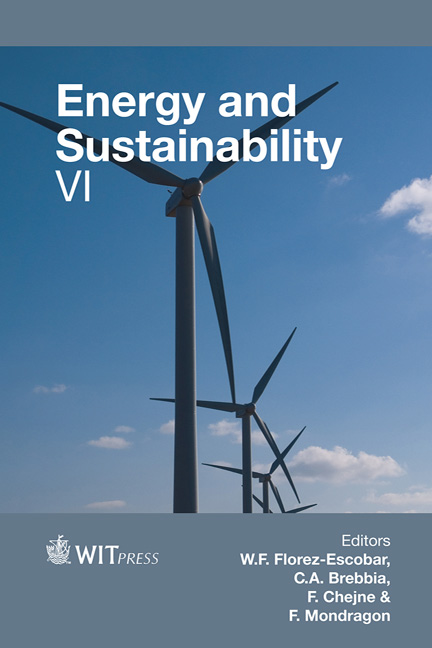DC Compensation Systems And Their Implications On The Planning Of Expansions In Metro Systems: A Case Study Of Medellin
Price
Free (open access)
Transaction
Volume
195
Pages
11
Page Range
281 - 291
Published
2015
Size
582 kb
Paper DOI
10.2495/ESUS150241
Copyright
WIT Press
Author(s)
A. E. Díez, P. Alzate, J. V. Restrepo, L. Castrillon, E. Manrique, M. Figueroa
Abstract
This paper describes DC compensation systems using as a reference the most important cases reported in literature, and a prototype designed and built for the Metro system of Medellin. Three functions and their implications on the planning and operation of transportation systems that operate with grid-connected vehicles are discussed. First, the energy saving feature that allows a reduction in energy consumption in the system, because less energy has to be dissipated in braking resistors. Second, the voltage compensation capability that allows that voltage level limits are fulfilled through the overhead line, to extend the operative range distance. Finally, the application for optimization of the electric feeding infrastructure is explained. In the case of the prototype installed in the Metro de Medellin, the methodology for siting, sizing, design and implementation is presented.
Keywords
static compensator, ultracapacitor, Metro system planning, efficiency, voltage regulation





